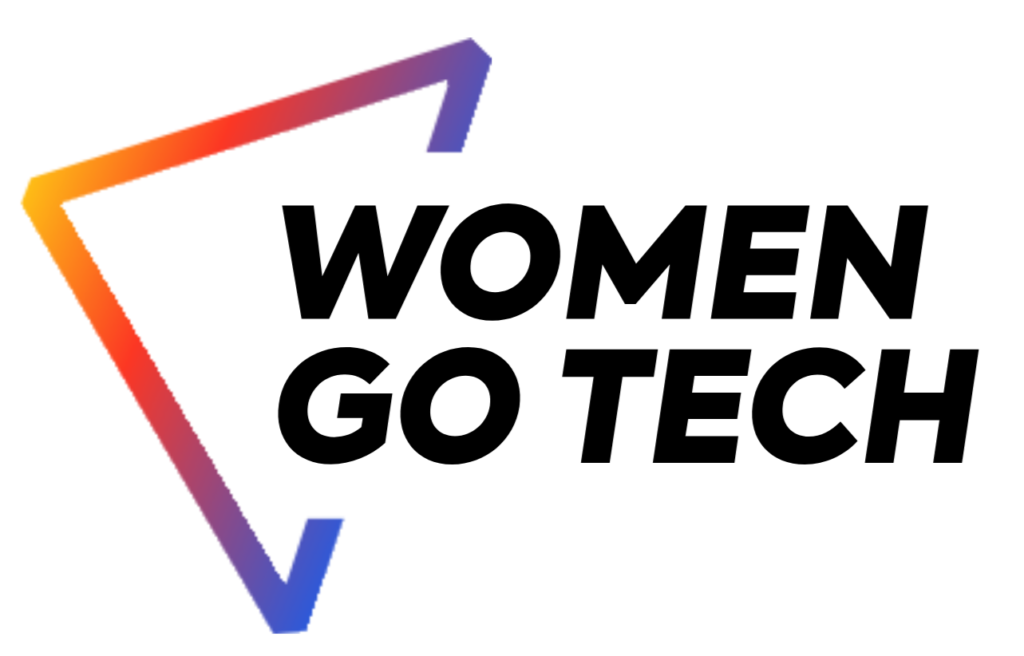
The next “Mentor in the spotlight” Kristina Janulaitytė, an Acceleration Program mentor in the Product Ownership track.
As the Lead Product Owner at Revel Systems, her role involves orchestrating collaboration between the development team and stakeholders to create a seamless ordering service. With over 5 years of experience in product analytics, management, and software development, she has contributed to diverse projects, including web and mobile applications.
She is a dedicated mentor not just in our program – she mentors her colleague, a Product Owner, helping him to achieve his career goals.
What are some key skills or experiences that you believe are crucial for a successful career in the tech industry?
Working in the tech industry, specifically in the product management niche, you need to possess a multitude of soft and hard skills. However, if I were to choose the top three skills, I would select communication, curiosity, and agility. Here’s why:
Communication: The primary responsibility of a Product Manager (PM) is to communicate effectively with the team, customers, stakeholders, VPs, and all other individuals involved. Communication is not only about speaking; it’s also about listening and understanding what other people are saying or where their problems lie.
Curiosity: Every customer has millions of problems, so the PM needs to understand what exactly is happening or where the real problems are. She should be curious and deep dive into the unknown territories to investigate possibilities. In my mind, curiosity will help you build the right products, understand people and systems, and learn new skills.
Agility: In this fast-paced environment, a product person needs to have the power to move quickly and easily. For example, adopting ChatGPT in her daily work in order to work smarter and not harder.
Have you encountered any significant challenges or obstacles in your career, and how did you overcome them?
The biggest challenge in my product career is to align stakeholders’ expectations with reality. Normally the expectations regarding functionality, time, and quality live in another universe, where teams ship rockets every two months with tons of features with zero bugs. Therefore I always need to find a way to balance between requirements, deadlines, and the quality of the product.
How do I find this balance? I focus on collecting all the stakeholders in one room (most of the time a virtual room) and prepare a Miro board, where everyone can express their requirements and expectations. By having everything “black on white” it gets easier to align everyone and set up priorities for the product, timeframes, and risks.
What inspired you to become a mentor with Women Go Tech?
The decision to become a mentor with Women Go Tech was driven by my deep enthusiasm for learning, coaching, and fostering the growth of others. A significant influence came from my fulfilling involvement with an organization called “Vaikų linija” (a support service for children and teenagers in Lithuania), where I came to recognize the transformative impact of offering support and empowerment to children. I believe that women possess remarkable capabilities and boundless energy. Hence, I felt a genuine desire to contribute towards empowering women to embark on enriching careers in the tech world.
What values or principles guide your mentoring philosophy?
My mentoring philosophy is guided by empathy, active listening, and fostering a growth mindset. I believe in encouraging my amazing mentee to embrace challenges, think from the other angle, learn from failures, and constantly strive for personal and professional development.
Have you ever experienced self-doubt or imposter syndrome as a mentor? How did you overcome it?
Oh, yes!… When I started mentoring, I felt like a total imposter. Seeing all these big shots with fancy titles like Chief Product Officer or folks with a decade of experience in product management made me super anxious. But then, during my first session with my incredibly talented mentee, I realized I actually had a lot to share and knew my stuff. And you know what? Ongoing meetings, the feedback from my mentee, and even my manager’s input helped me shake off those weird feelings.
What is your one piece of advice for other mentors?
My one piece of advice for other mentors is to be patient and understanding. Each mentee has unique needs and learning styles, so tailoring your approach to their individual growth is key.
What is your one piece of advice for the mentees?
Mentees, here’s a tip: be ready and have a clear idea of your goals. Definitely, mentors are here to steer you, provide guidance, and offer advice. But if you’re unsure about your direction or not willing to put in the effort, a mentor can’t magically make things happen. Remember, this journey requires your hard work and dedication.
Can you share a recent book, podcast, or resource that has positively impacted your professional growth?
Certainly! I’d like to share a recent book and podcast that have significantly contributed to my professional growth.
In terms of a book recommendation, I found Melissa Perri’s “Escaping the Build Trap” to be incredibly insightful. This book provided me with valuable insights into envisioning an ideal working paradigm and offered practical strategies to enhance my organization’s product delivery processes.
Additionally, I’ve been enjoying the “Super Produktas” podcast by Tadas Pukas. This podcast presents captivating discussions with a range of intriguing personalities from the product and tech sphere. Tadas goes deep into the nuances of product creation, highlights pitfalls to avoid, and offers a treasure trove of knowledge for fellow product enthusiasts like me.
Feeling inspired to step into the mentorship spotlight? To join our mentorship program, sign up for the waiting list and be the first to know when our mentor selection process opens.
Let’s make an impact together!
